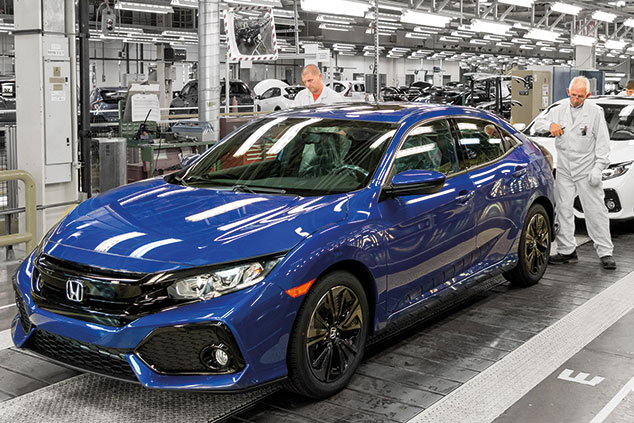
So the news that 3,500 jobs will be lost when Honda closes its Swindon plant by 2022 “will make the employers’ organisations even more insistent that a no-deal outcome should be ruled out”. Brexit isn’t the only factor, but it “played its part”, as shown by Japanese lobbying for a softer Brexit. Honda’s decision will “add to the already considerable pressure on Theresa May”.
Those blaming Brexit “should listen to what the company has to say”, says Ross Clark in The Daily Telegraph. Not only has it explicitly denied a link between the two, but it has said that “it is also closing a plant in Turkey, and will not be shifting any production to EU countries”. Honda would have closed its Swindon plant, Brexit or no Brexit. Indeed, you could even argue that European pledges to phase out petrol and diesel cars by 2040 have left the industry in “a huge state of flux”.
Still, leaving the EU won’t make it easier to encourage further investment from car companies to replace the lost jobs, says Liam Proud of Reuters. More than half of UK-assembled cars are shipped to the continent and “a post-Brexit immigration crackdown” will make it harder to find skilled workers, “something the UK car industry already struggles with, judging by the sector’s 5,000 unfilled vacancies”. Last year saw inward investment in new production capacity fall by half. Brexit will give the UK’s car industry a “go-slower stripe its workers will hardly appreciate”.